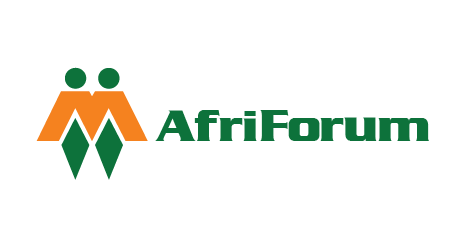AfriForum, the Skoleondersteuningsentrum (SOS) and Solidarity today announced at a media conference on the proposed changes to Gauteng school regulations for 2019 that these organisations believe these changes may possibly be inconsistent with the Constitution and that it would limit school governing bodies’ powers to successfully manage schools.
With the proposed changes to the school regulations published on 30 July 2018 in the Government Gazette, Panyaza Lesufi, Gauteng MEC for Education, wants to obtain complete control over the placement of learners in schools. If these changes are accepted, school communities will no longer have any say in the language of and admissions to their schools. This will amount to the hijacking of Gauteng schools.
“Eighty per cent of South African schools are already dysfunctional. Changing the school regulations will only lead to further dysfunctionality, as the state is unfit to successfully govern schools. For this reason, AfriForum today sent a letter to Angie Motshekga, Minister of Education, in which we demand the removal of Lesufi and the appointment of a new MEC for Education who will act in the interest of quality education and learner wellbeing – and not for selfish political gains,” says Carien Bloem, AfriForum’s Coordinator for Education.
If the school regulations are changed, all applications, placements and managing will be controlled centrally through the online system and by department officials. The organisations believe that this will amount to a dictatorship over schools, which is inconsistent with the democratic system that the Constitution and the South African Schools Act have in mind.
“Research shows that schools flourish in cases where the community is involved and plays an active role in the school’s management. If the MEC takes control of this function, the community will withdraw funding, time and expertise,” says Melanie Buys, Head of Systems at the SOS.
“Excellent schools rely heavily on funding and resources from the community because they receive fewer and fewer support from government. It is ironic that Lesufi wants to have more control over public schools, while government subsidies for and subsidised posts in these schools decrease. Schools struggle increasingly to obtain funding from the Department when parents enjoy remittance of school fees. It makes more sense that people and groups who fund public schools should rather than government have more say in the management of these schools,” Buys says.
Solidarity believes the regulations to be politically opportunistic and a form of power abuse.
“The proposed changes summarily exclude those who are closely involved in the management and success of public schools and propose that this function is taken up by the state,” says Werner Human, Solidarity’s Deputy Chief Executive for Legal Services.
“This concerted effort to make public schools completely dependent on the state is worrisome. It is therefore imperative that the public’s discontent should be clear,” Human adds.
The organisations want to strongly encourage the public to participate in the public participation process by lodging their dissatisfaction with the hijacking of our schools on the respective organisations’ websites by 29 August 2018.

